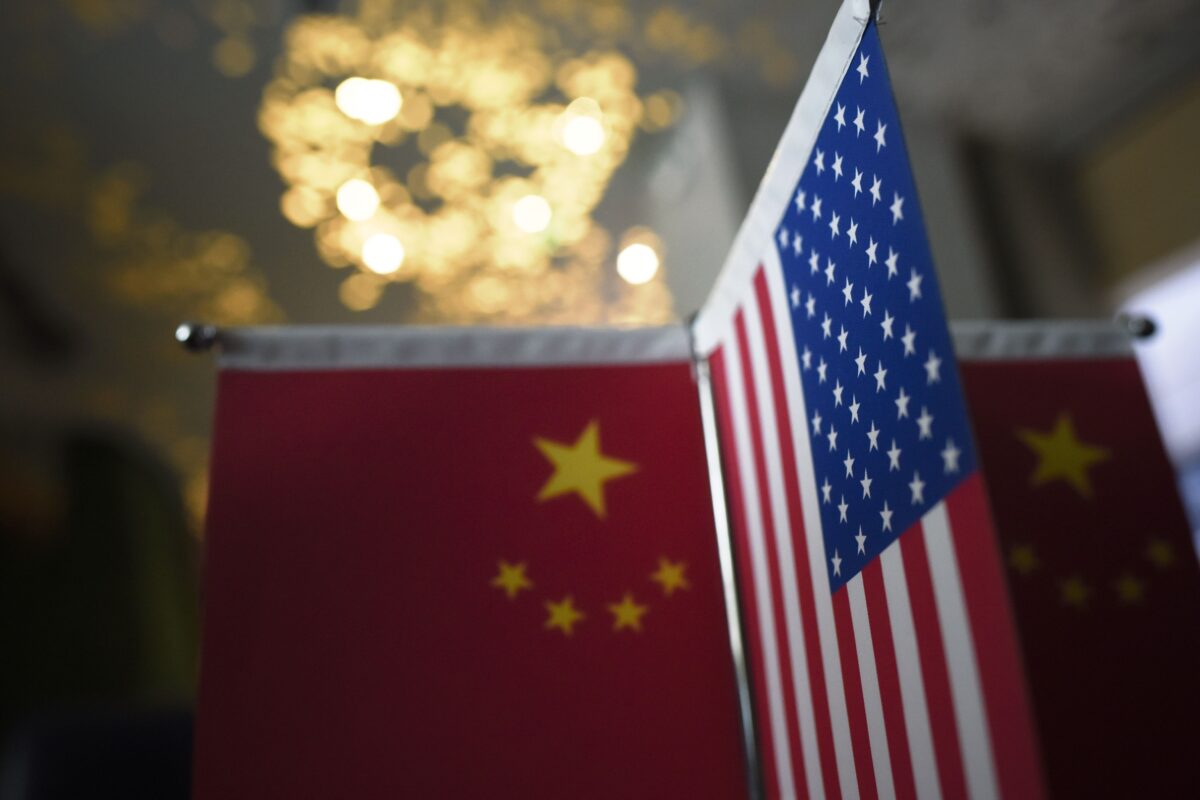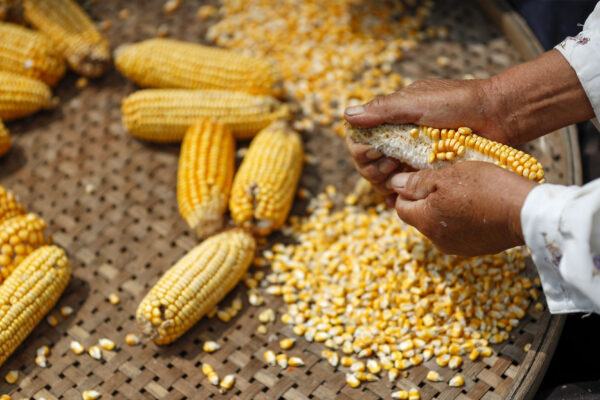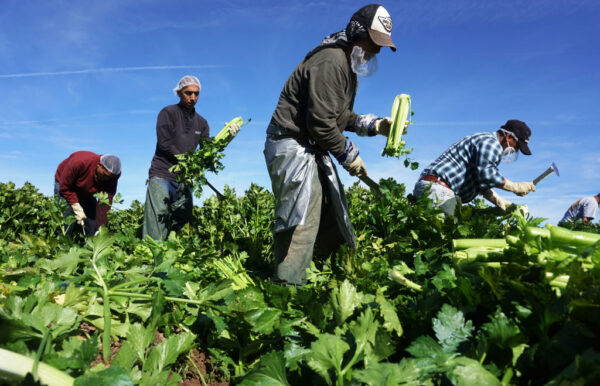


Food is essential for survival, which is why you’d think food security—including long-term emergency food storage—would be more of a priority for our national government.
Especially after how quickly we saw our food supply and supply chains almost come to a halt as a result of the pandemic. While you’d think what we went through the past two years would bring a reckoning and renewed appreciation for our agriculture sector, our farming communities are actually experiencing the exact opposite.
In fact, there’s a war on America’s farmers happening right now.
Consider the fact that the Chinese government is prioritizing food security. This will put China significantly ahead of America and allow China major leverage over U.S. supply chains.
China has prioritized food security for several decades, with it being at the forefront of the country’s five-year plans.
Here are some of the ways China is trying to make its country less dependent on other countries for food:
According to The Diplomat, “In April 2021, Chinese president Xi Jinping declared that ‘food security is an important foundation for national security.’”
Why is it so important? There are several reasons.
First, China has experienced significant population growth. As a result, they need more food to feed their booming population. Second, China has suffered famine before. During the 1950s, millions of Chinese citizens died due to hunger. Finally, they want to make sure they control the food. If you control the food, you control the people.
Chinese leader Xi Jinping was quoted as saying, “The food of the Chinese people must be made by and remain in the hands of the Chinese.”
If China is forced to depend on other countries for food to survive, they will not be in control. And that’s what they want. They want to control their people, and they want to be the agricultural powerhouse of the world.
China Daily reports: “The president highlighted food security as a major issue, calling it one that the nation cannot afford to be complacent about. He repudiated the notions that food security is no longer an important matter in the age of industrialization or that China could rely on the international market as a solution. China must stabilize the production of its staple food and corn, expand the acreage of soybeans and other oil crop cultivation, keep its annual grain output at more than 650 million metric tons and ensure its food self-sufficiency, he said.”
It is easy to dismiss China’s food security plans as something taking place on the other side of the world. But there will be direct repercussions in the United States.
According to the U.S.-China Economic and Security Review Commission, “These efforts present several risks to U.S. economic and national security. For example, Chinese companies’ acquisition of hog herds in the United States may save China money and enhance its domestic capacity; however, this could also reduce China’s need for U.S.-sourced production and redistributes the environmental effects of hog waste to U.S. communities. If further consolidations and Chinese investments in U.S. agricultural assets take place, China may have undue leverage over U.S. supply chains. China’s access to U.S. agricultural IP [intellectual property] may also erode U.S. competitiveness in agriculture technology that supports food production. In addition, China’s illicit acquisitions of GM seeds provides a jumpstart to China’s own development of such seeds, deprives U.S. companies of revenue, and offers an opportunity to discover vulnerabilities in U.S. crops.”
In addition, consider the way America is already hindering its own farmers and food manufacturing plants with new regulations.
While we are investing time and money in green energy and sustainable farming methods, China has dismantled solar farms to create more productive agricultural land.
The truth is, America is already behind when it comes to food self-sufficiency. If we face something extreme, we cannot depend on our government to feed us. We must be able to feed ourselves.
Start your preparations now, friends.


